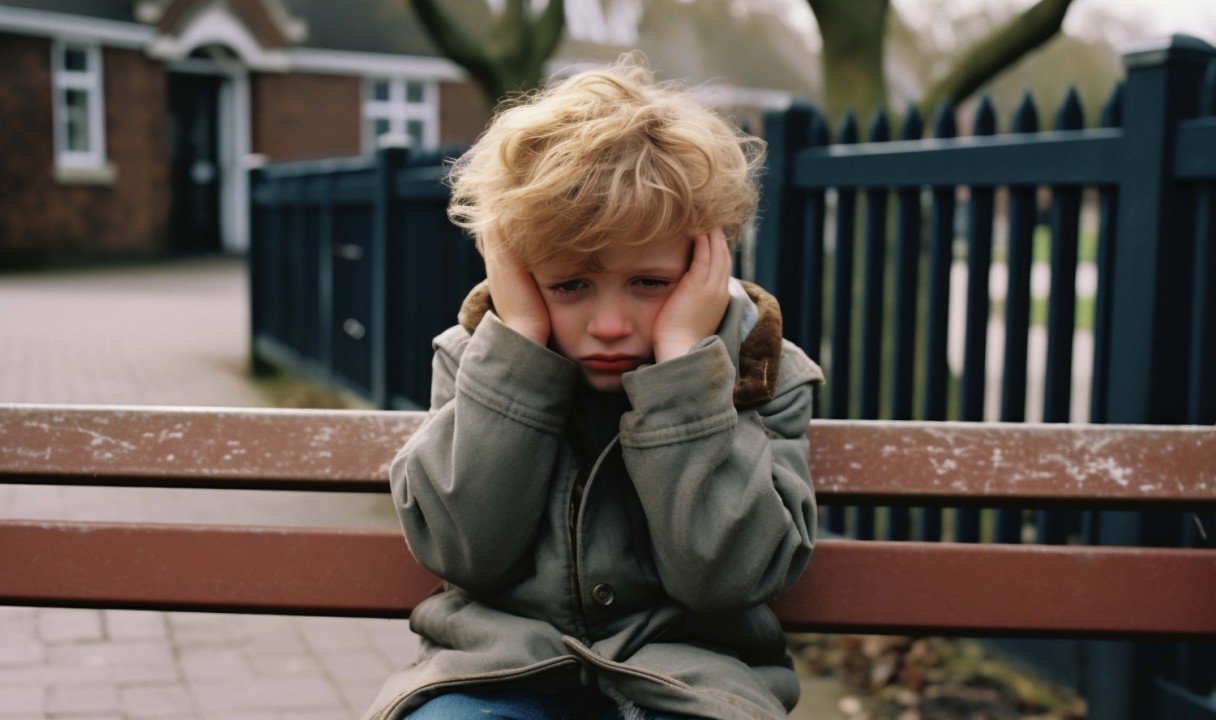
Prepare your child for difficult times
Life has difficulties and we can’t avoid them. What we can do is to prepare our children so that those difficulties do not knock them down. We can’t spare them, but we can help them to come out of them as well as possible, and even learn from them.
When educating our children, it is important to project them into the future: adolescence is a difficult time, and you are not going to be their favourite person. This is not for nothing; it is a law of life. So when they are small, you can sow the most, and you have a greater influence on them. Take advantage of it.
Brief parenthesis: This doesn’t mean that when your children are teenagers, you can’t do anything for them. Of course, you can. It’s just more complex, and at the same time, they are exposed to more risks. I close the parenthesis.
Projecting means looking at them now, their strengths and weaknesses, and imagining them dealing with future situations that are sure to come: their first day at school, their first failed love affair, a moment when they don’t get what they want… and imagine they are alone. How do you think they would react? Then, think about how I would like them to react, and what I have to change in how I educate them so that they react in the second way.
Overprotectionism on the part of parents has led to what is known today as the crystal generation. They are between 18-24 years old and suffer from high rates of anxiety or depression. Often the cause is the inability to manage the pressure or demands of the academic or professional environment, uncertainty about what is beyond their control and a lack of solid and stable emotional bonds. The latter has a lot to do with being very superficial relationships based on looking good and responding to external expectations but with very few authentic and sincere conversations. Sincere confrontation is avoided for fear of suffering or causing suffering. In the end, this lack of sincerity in relationships leads to affective voids that make psychic vulnerability even greater.
So parents: work on resilience. Let’s be a little stronger so that our children fall off the swing and don’t call 911. So that the child is hungry and knows how to wait for feeding time: but the family does not change its schedule because of the crying of the little one. Let’s teach our children to help by putting the dishwasher and washing machine without making them useless when they are extraordinary. And so on, we could have a very long list. Caring is not putting people in a soft cotton bubble. Caring is to enable people to be happy by including suffering in the horizon of their lives.

